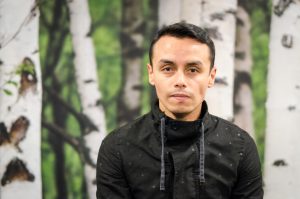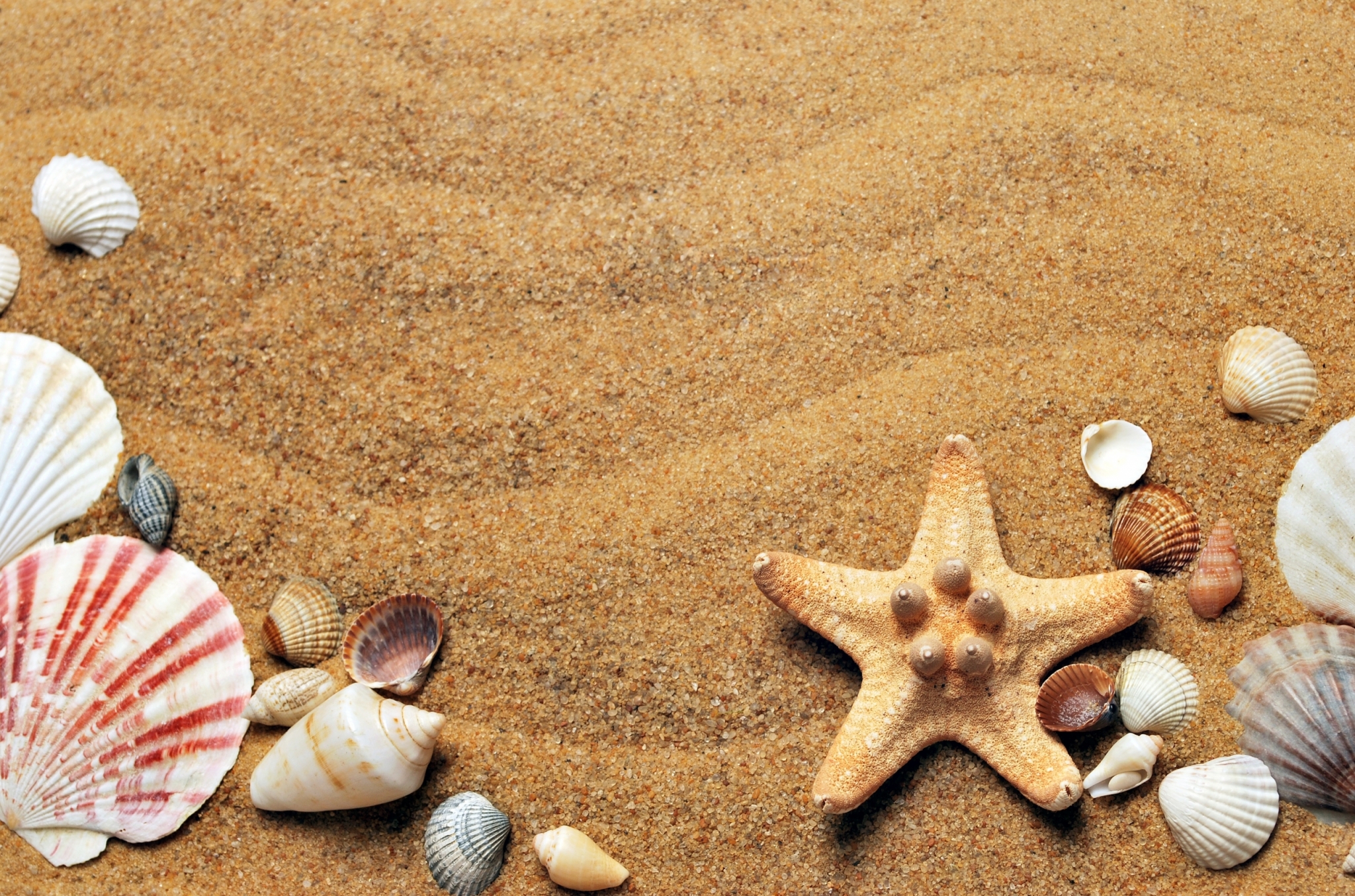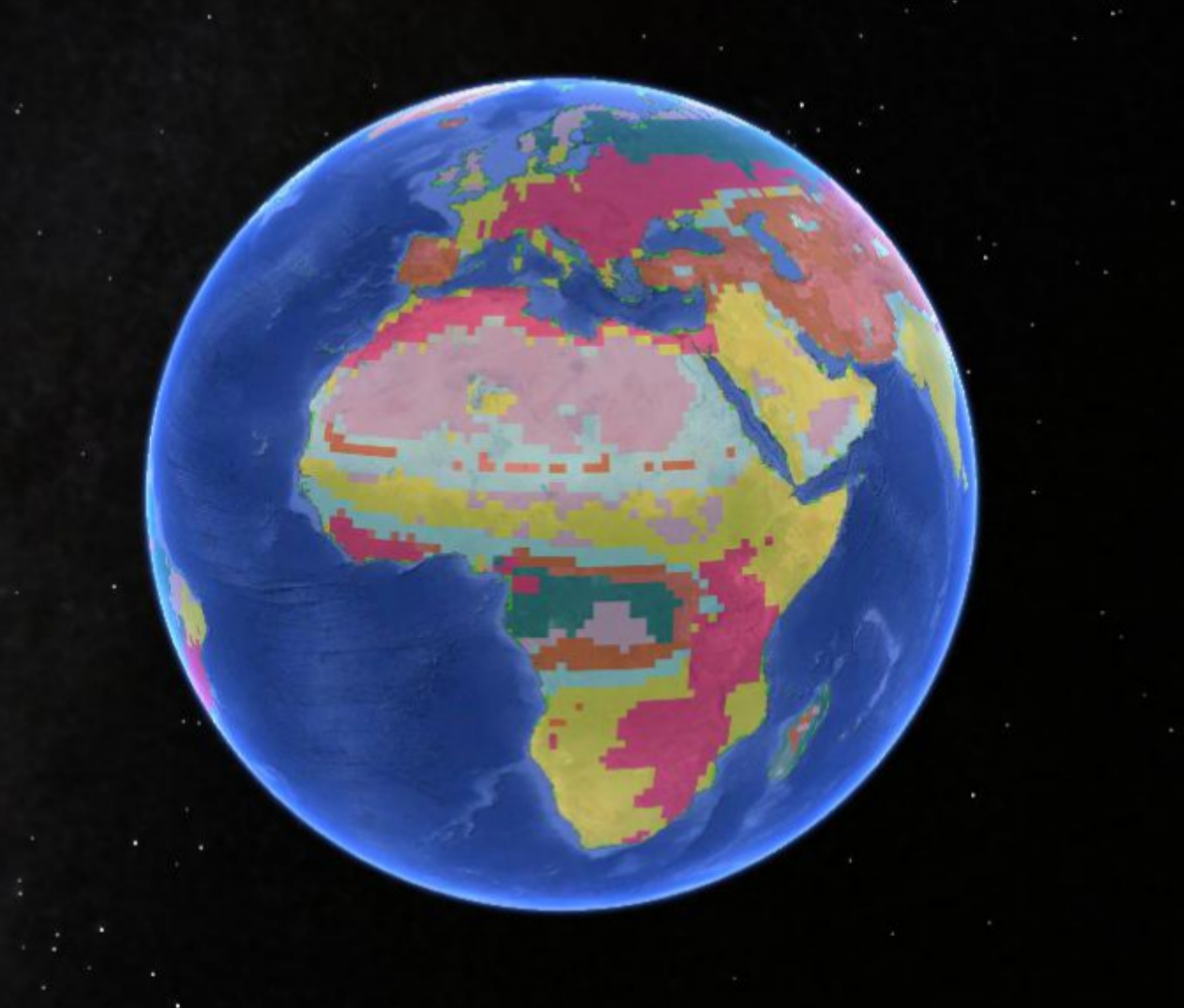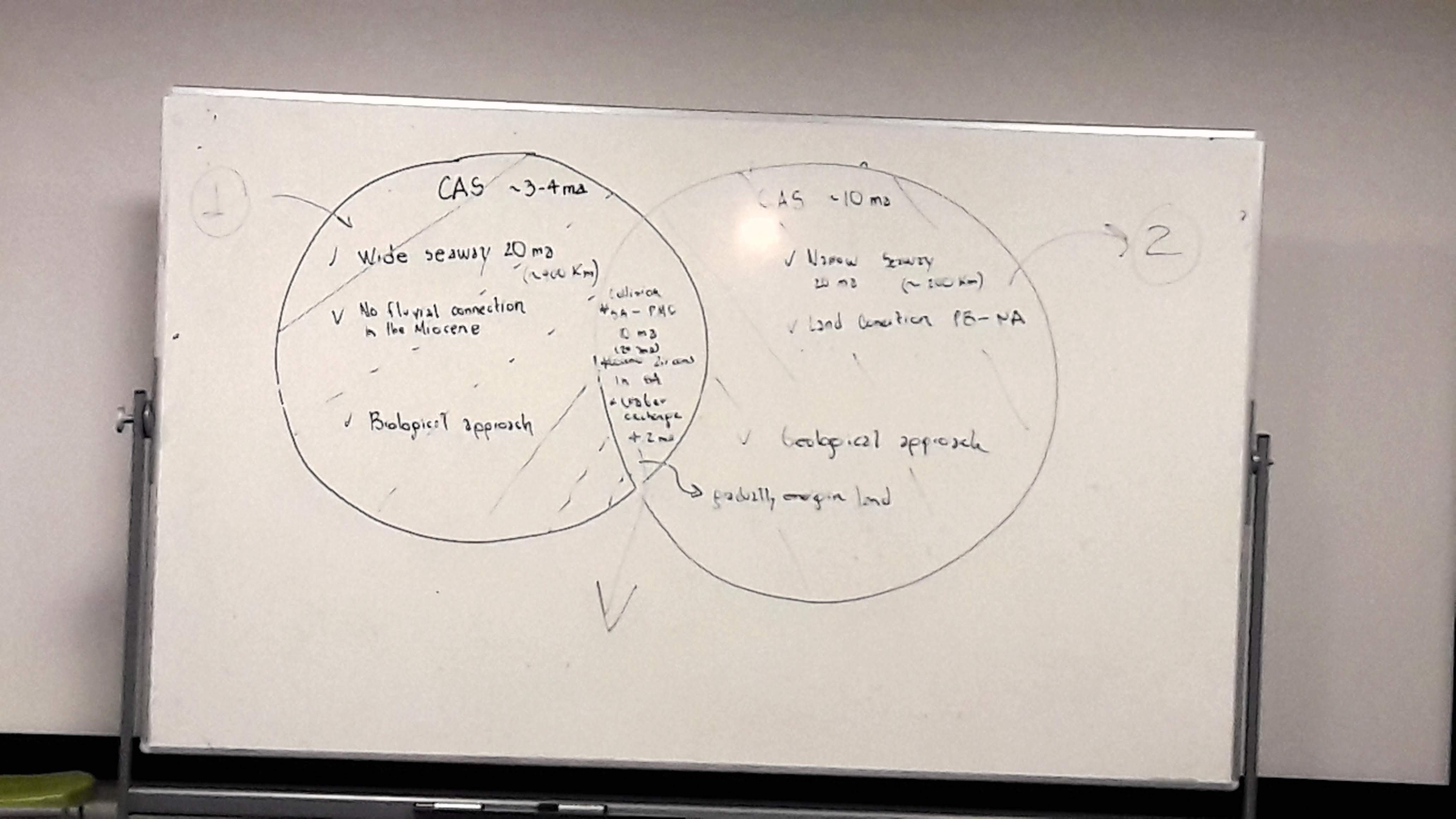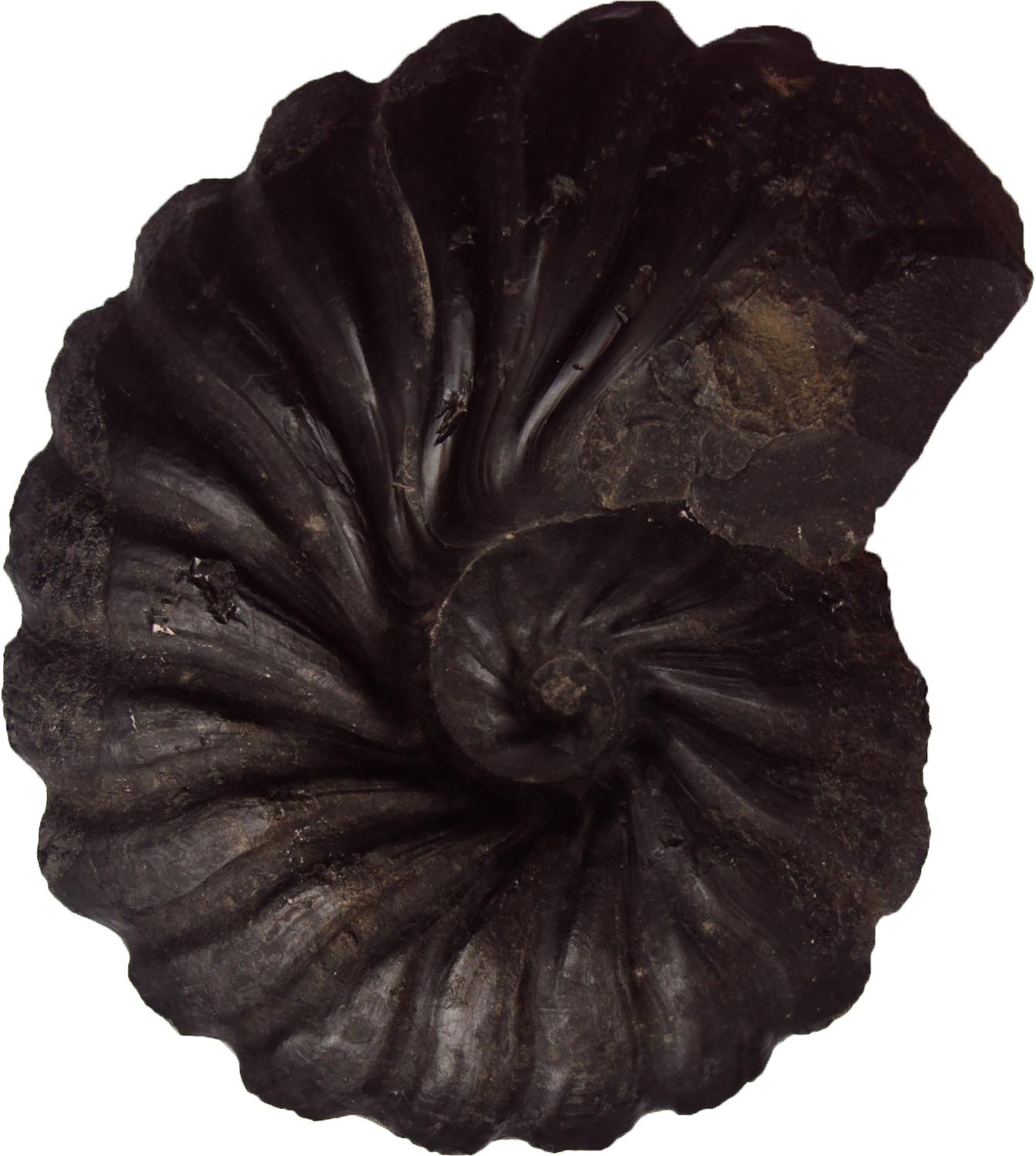Profile
Alexis is a geologist and a paleontologist. He was born in Colombia, where he received a bachelor’s in biology and geology from public universities. After graduation, he joined the Smithsonian Tropical Research Institute, where he assisted in the Panama Geology Project. After four years of hands-on experience of rocks and fossils in Panama, he enrolled in the Department of Geological Sciences at the University of Florida and worked at the Florida Museum of Natural History with Michał Kowalewski. He received his PhD in Geology with a minor in Geography in 2017.
Alexis’ research interest is focused on understanding the complex interactions between plate tectonics, climate and the biosedimentary record at basin and global scales. He uses an integrative research approach that bridges stratigraphy, paleobiology and network science to address specific questions on spatiotemporal aspects of both the fossil and rock record: How did the tectonic evolution of the Ocean basins influence the spatial structuring of the marine bioprovinces? How do marine bioprovinces respond to major climatic changes that occur over evolutionary timescales?
Alexis enjoys working with Colombian students and professors on Geoheritage conservation, promoting the use of paleontological collections into scientific and education environments, as well as its appreciation by the academic community and the public in general. In his free time, he also enjoys watching road cycling and playing soccer.
Current Projects
The Latest Posts
Read Alexis’ summaries of his science and other posts here

